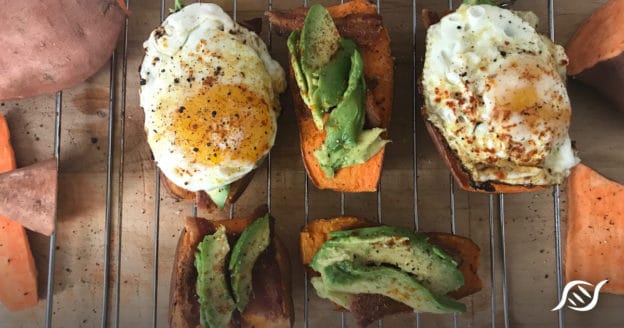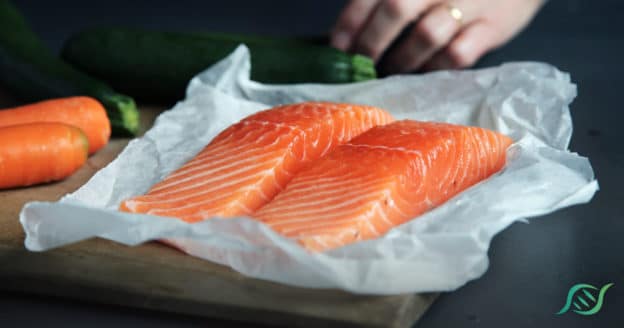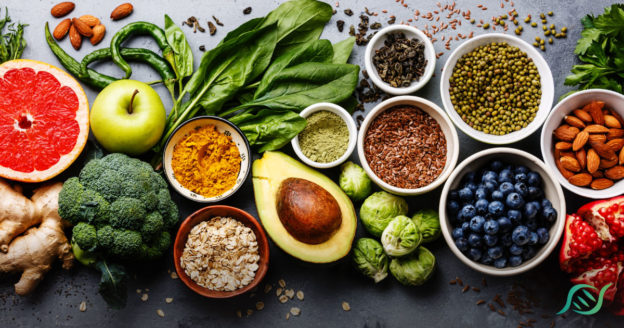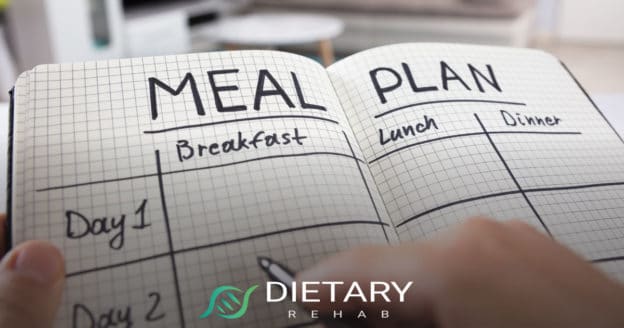
One of the most popular new diets is the “Whole 30” diet, a program that entails extensive dietary restrictions with the promise of “resetting” the body’s many systems. Although many people have reported positive results and the program developer has boasted about over 100,000 satisfied customers since 2009, many dietary researchers and other experts claim the diet could be dangerous or ineffective for many people.
If you’re curious about trying the Whole 30 diet it’s vital to prepare for the restrictions you’ll face. Unlike other diets, the Whole 30 diet functions on a 30-day framework. Following such a restrictive diet beyond the intended 30 days may have negative results.
How the Whole 30 Diet Plan Works
The developers of the program claim that many foods, even seemingly healthy foods, can have adverse effects on various parts of the body that many people may not even realize, which is the basic reasoning behind the Whole 30 diet. The Whole 30 diet, then, aims to remove these potentially harmful foods from the body so the body can repair whatever damage has occurred and the person can make more informed choices about his or her nutrition and diet.
After the 30 days of the dieting period are over, a person on the Whole 30 diet should start gradually reintroducing previously restricted foods by food group and see if any of their health issues return. For example, a person who experiences sleep problems and digestive trouble may notice these symptoms fade during the Whole 30 diet. After reintroducing milk into his or her diet, the person notices those symptoms return. This could be a sign that he or she may have a mild lactose sensitivity that previously went unnoticed.
Restrictions
One of the biggest issues with the Whole 30 diet, for many people, is how restrictive it is. This 30-day diet plan requires a complete refrain from several types of foods, including:
- Grains. While on the Whole 30 diet you won’t be able to eat bread, cereal, rice, noodles, oats, or even quinoa.
- Dairy. You can eat no dairy or drink any milk products during the Whole 30 diet. This includes yogurt, ice cream, cheese, and cream.
- Legumes. Soybeans, peanuts, peanut butter, beans, lentils, and all other legumes are another Whole 30 restriction.
- Sugar. You must avoid all refined and unrefined sugars during the Whole 30 diet, and this includes artificial sweeteners like stevia and Splenda. You must also avoid maple syrup, agave syrup, honey, coconut sugar, and all other “alternative” sweeteners.
- Alcohol. Alcoholic beverages are high in calories and some may also have high sugar content. Removing alcohol from your diet for 30 days can also help identify issues that alcohol may be causing in other aspects of life.
Dieting Beyond 30 Days
The Whole 30 diet recommends avoiding checking weight and counting calories during the 30 days. The developers of the program instead recommend focusing on making healthier dietary choices and paying close attention to the effects of reintroducing different foods after the 30 days are over.
Once the 30 days are over, a person on the Whole 30 may notice that certain foods cause problems that bothered them before starting the diet. Now he or she knows to avoid or limit those foods in the future while enjoying other previously restricted foods.
Potential Problems With the Whole 30 Diet
One of the major criticisms of the Whole 30 diet is that it deprives a person of some very important nutrients from the restricted food groups. Legumes are a fantastic source of plant-based protein. Grains provide fiber for easier digestion, and dairy is a very important source of vitamin D and calcium. Some health researchers suggest that the harm of 30 days of deprivation of these vital nutrients eclipses the potential good the diet may do.
Some dietitians also criticize the diet for promoting meat consumption, which many health experts agree is a generally bad decision, and most people should limit meat consumption. The diet also encourages you to eat healthy diet foods including seafood, vegetables, some fruits, nuts, seeds, and foods with minimal ingredients.
Working a Whole 30 Regimen Into Your Regular Diet
The Whole 30 diet may not be ideal for a long-term meal plan, but as a 30-day diet meal plan it may have positive results for some people. Before starting any diet it’s important to consult a physician about potential health risks, preexisting conditions, food sensitivities or any other issues that may complicate the diet. It’s also a good idea to develop a healthy diet plan that incorporates a wide range of the available foods you can eat.
Whole 30 Tips
The Whole 30 diet plan may be restrictive, but it could also provide the opportunity to try new foods or new twists on old favorites. Results can vary, and 30 days is a relatively short time to give a new diet a try, so with some proper planning and a few new recipes to try, the Whole 30 diet may offer relief from symptoms that have bothered you for a while.
The Whole 30 diet may offer some quick weight loss and help you identify problems in your current diet, but it’s important to plan and execute any new diet safely. At Dietary Rehab, we know how challenging it can be to stick to a new diet, especially one that is as restrictive as the Whole 30 diet.
A nutritional assessment can help you improve your overall health. Learn more about the dietary counseling services that we offer.











